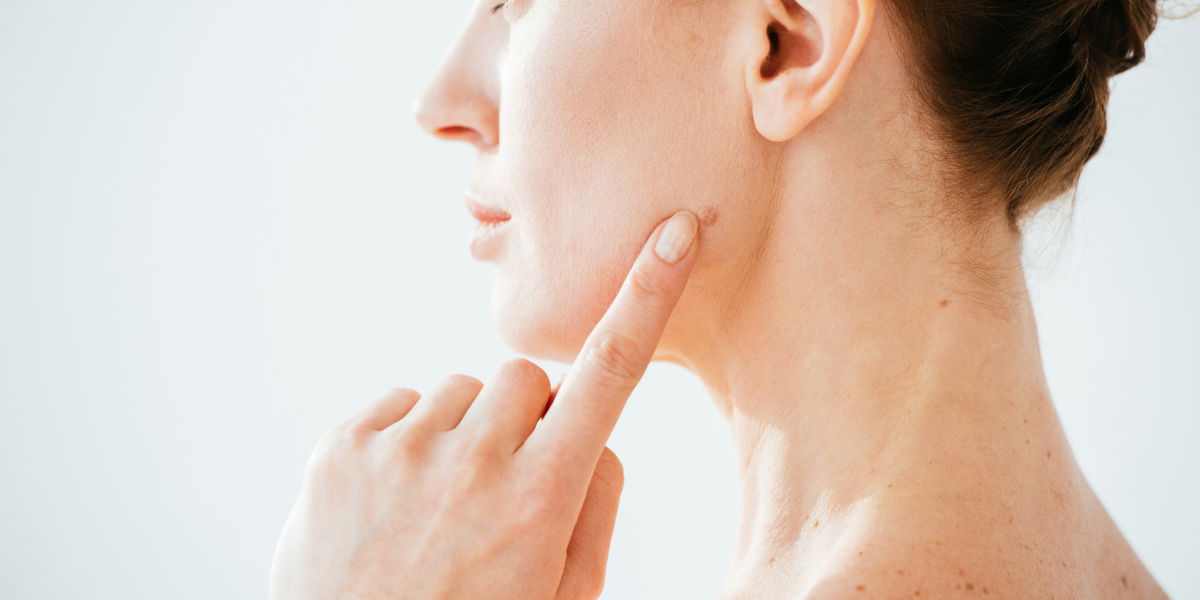
Coastal Florida living offers sunshine, sea breezes, and endless opportunities to enjoy the outdoors. Still, it may also come with higher risks for skin cancer. Building skin cancer awareness is essential in staying safe under the sun year-round. At Feinstein Dermatology & Cosmetic Surgery, we’re here to help you protect your skin while enjoying the lifestyle you love with greater confidence.
Why Coastal Residents Face Higher Risks
Our coastal lifestyle comes with hidden risks. The combination of direct sunlight and reflective surfaces like sand and water significantly amplifies UV exposure. Even on cloudy days, up to 80% of harmful rays penetrate cloud cover. While inland residents might experience seasonal UV reduction, coastal Floridians face high exposure year-round.
Being in the water can make the sun feel less harsh, often leading to longer time spent outside. Florida’s location near the equator means stronger UV rays. Residents accumulate more sun exposure over time with an active, outdoor lifestyle.
Daily Sun Protection: Your First Line of Defense
Protecting your skin requires a consistent daily approach:
- Apply broad-spectrum sunscreen (minimum SPF 30) every morning
- Choose physical blockers like zinc oxide for sensitive skin areas
- Reapply every two hours, especially after swimming or sweating
- Wear UPF-rated clothing, wide-brimmed hats, and UV-blocking sunglasses
- Seek shade during peak hours (10 am-4 pm)
Remember that no sunscreen is truly “waterproof.” Water-resistant formulas still need to be reapplied regularly, especially when swimming or sweating in Florida’s humid climate.
Recognizing Warning Signs: The ABCDE Method
Early detection dramatically improves treatment outcomes. Familiarize yourself with these warning signs:
For Melanoma (ABCDE Rule):
- Asymmetry: One half doesn’t match the other
- Border: Irregular, blurred, or jagged edges
- Color: Variations in shade (tan, brown, black, red, white, blue)
- Diameter: Larger than a pencil eraser (6mm)
- Evolving: Changes in size, shape, color, or elevation
For Other Skin Cancers:
- Persistent sores that don’t heal
- Shiny, pearly bumps or nodules
- Red, scaly patches that persist
- Sores that repeatedly heal and reopen
Pay special attention to areas frequently exposed to the sun, such as the face, neck, ears, scalp, hands, and lower legs. Men should check their torso, especially the back, while women should carefully examine their legs, where melanoma often develops.
The Importance of Regular Professional Skin Screenings
While self-examination plays a key role in spotting changes early, an annual skin check with a board-certified dermatologist provides a more thorough evaluation. Dermatologists can detect subtle or hidden signs of skin cancer during professional screenings that a self-check may miss.
These examinations include careful inspection of hard-to-see areas and the use of specialized techniques to evaluate suspicious lesions. Dermatologists may recommend more frequent screenings for people at higher risk, such as those with fair skin, numerous moles, a history of skin cancer, or a family history of the disease.
May is recognized as National Melanoma/Skin Cancer Detection and Prevention Month, making it an ideal time to schedule your annual skin check and help raise awareness in your community.
UV Protection Year-Round: Beyond Sunny Days
Florida’s climate creates unique challenges for skin protection:
- UV rays remain strong even during winter months
- Humid conditions can compromise sunscreen through increased sweating
- Air pollution can increase photosensitivity and UV damage
- Many medications and skincare products enhance sun sensitivity
Maintain your sun protection routine regardless of weather conditions or planned activities. Consider UV-protective window films for your home and car since UVA rays can penetrate standard glass.
Sun Safety for Children and Teens
Children need special care in the sun, as even one severe sunburn during childhood can greatly increase the risk of developing melanoma later in life:
- Keep infants under 6 months out of direct sunlight
- Use mineral-based sunscreens for young children
- Make sunscreen application part of their daily routine
- Teach proper reapplication techniques before outdoor activities
- Model good sun protection behaviors
Helping children develop sun-smart habits early can provide lifetime protection benefits.
Learn More About Skin Cancer Awareness in Coastal Florida
Living in a sun-drenched climate like Florida offers natural beauty and year-round outdoor living, but it also requires ongoing attention to skin and sun safety. At Feinstein Dermatology & Cosmetic Surgery, skin cancer awareness and prevention remain a key part of ongoing care and education. With daily sun protection, regular self-checks, and timely screenings, many forms of skin cancer can be prevented or treated effectively when detected early.
Learn more about early detection and skin cancer awareness in coastal Florida, and how proactive care may help protect both your health and appearance.




